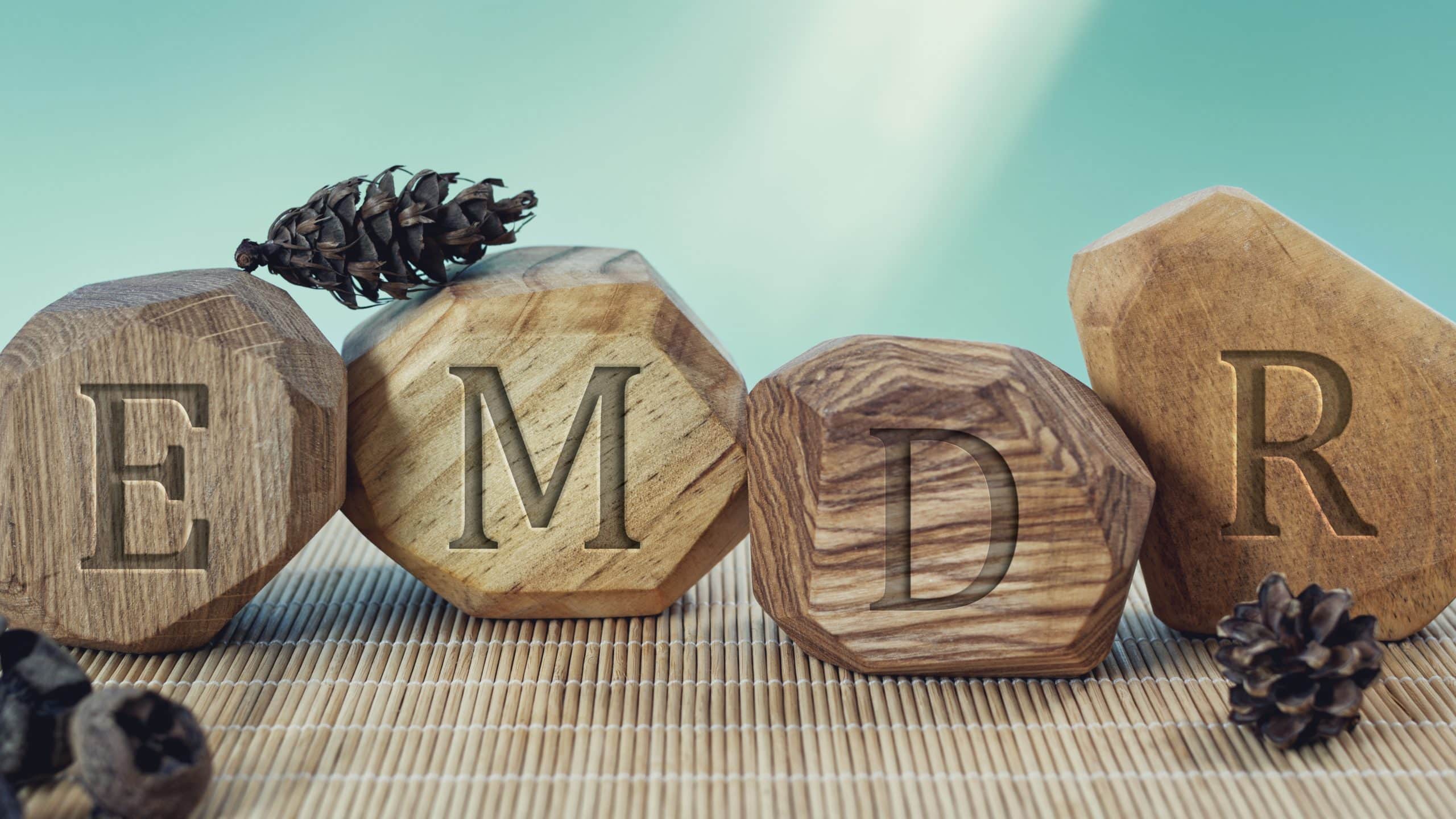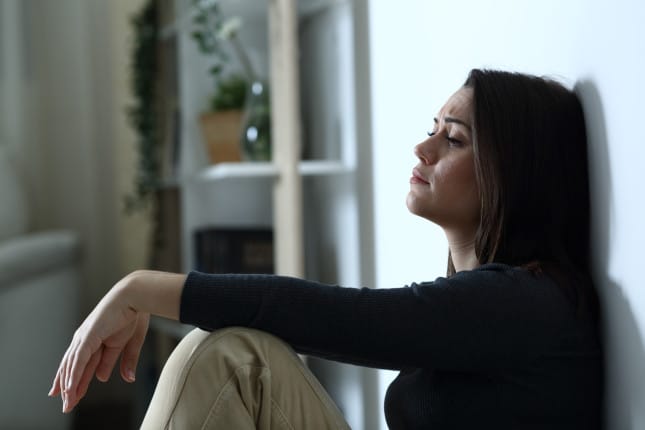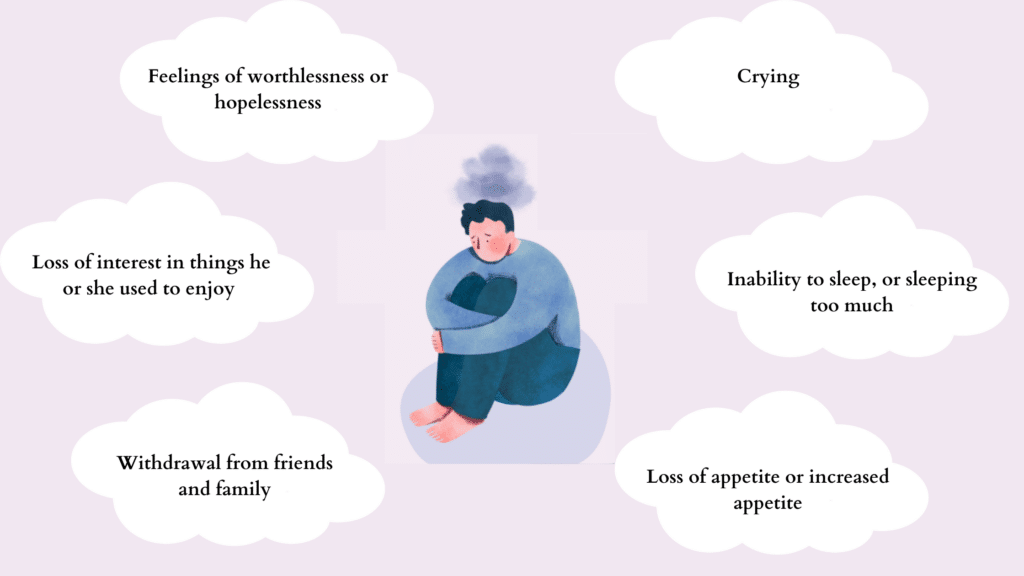As we go through life, it’s normal to experience various emotions. But when these emotions become too much to handle and start affecting our daily lives, it’s time to seek help. That’s where dialectical behavior therapy (DBT) comes in.
DBT is a type of cognitive-behavioral therapy that’s been proven effective in treating individuals with borderline personality disorder. It’s also been used to help those struggling with depression, anxiety, and addiction. But what exactly is DBT, and how can it transform your life?
Through a combination of mindfulness, emotional regulation, distress tolerance, and interpersonal effectiveness skills, DBT helps individuals learn to manage their emotions and develop healthy coping mechanisms. With the help of a trained therapist, you can learn how to identify and change negative thought patterns and behaviors, improve your relationships, and effectively manage stress.
Don’t let overwhelming emotions control your life any longer. Explore the benefits of DBT and take the first step towards emotional wellness today.
What is Dialectical Behavior Therapy (DBT)?
Dialectical Behavior Therapy (DBT) is a form of psychotherapy that combines elements of cognitive-behavioral therapy (CBT) with mindfulness practices. It was originally developed to treat individuals with borderline personality disorder but has since been adapted to help people with a wide range of emotional and behavioral challenges.
DBT focuses on teaching individuals skills to manage their emotions, improve their relationships, and cope with distressing situations. It is based on the belief that people struggling with emotional dysregulation often have difficulty managing intense emotions and have a high sensitivity to emotional stimuli.
DBT also focuses on changing an individual’s behavior and surroundings to make sobriety easier. DBT strategies include helping patients seek out environments and peer groups that discourage drug use. DBT encourages addicts to remove triggers such as drug paraphernalia or unhealthy relationships from their lives, to bolster self-esteem and confidence, and help patients stay sober through stressful periods.
One of dialectical behavior therapy’s primary functions is to teach life skills that support sober living. This function is referred to as enhancing capabilities. Addiction can make it difficult for a person to take care of themselves. Making positive choices, following through on important responsibilities, and maintaining healthy behaviors can be challenging for someone addicted to drugs or alcohol. A DBT therapist helps clients recognize areas of their life that they need to work on. Once the therapist and client have identified these areas, they work together to develop an arsenal of life skills that fight these negative influences.
The principles of DBT
DBT is guided by several core principles that form the foundation of the therapy. These principles include:
1. Dialectics: DBT emphasizes the concept of dialectics, which recognizes that two opposing ideas or perspectives can both be valid. It encourages individuals to find a balance between acceptance and change, rather than viewing things in black and white.
2. Mindfulness: Mindfulness is a key component of DBT. It involves being present in the moment, without judgment or attachment to thoughts or emotions. By practicing mindfulness, individuals can learn to observe their thoughts and feelings without becoming overwhelmed by them.
3. Emotional Regulation: DBT teaches individuals techniques to identify and regulate their emotions. This includes learning to tolerate distressing emotions, reducing emotional vulnerability, and increasing positive emotional experiences.
4. Distress Tolerance: DBT helps individuals develop skills to cope with distressing situations without resorting to self-destructive behaviors. It teaches strategies for accepting and tolerating distress, rather than trying to avoid or escape it.
5. Interpersonal Effectiveness: DBT focuses on improving communication and relationship skills. It helps individuals develop assertiveness, set boundaries, and navigate conflicts in a healthy and effective way.
How DBT can transform your life
DBT has the potential to transform your life by equipping you with the necessary tools to navigate and manage your emotions effectively. Here are some ways in which DBT can make a difference:
1. Improved Emotional Regulation
DBT provides practical strategies to help you identify and regulate your emotions. By learning to recognize and understand your emotional triggers, you can develop healthier ways to respond to them. This can lead to a greater sense of emotional stability and control.
2. Enhanced Relationship Skills
DBT focuses on improving interpersonal effectiveness, which can greatly impact your relationships. By learning effective communication techniques, setting boundaries, and resolving conflicts in a healthy manner, you can build stronger and more fulfilling connections with others.
3. Coping with Distress
Distress tolerance is a vital skill taught in DBT. It helps you develop resilience and the ability to cope with distressing situations without resorting to self-destructive behaviors. By learning healthier ways to manage stress, you can avoid harmful coping mechanisms and lead a more balanced life.
4. Identifying and Changing Negative Thought Patterns
DBT helps you become aware of negative thought patterns and beliefs that contribute to emotional distress. Through cognitive restructuring techniques, you can challenge and replace these negative thoughts with more positive and realistic ones. This can lead to a significant shift in your overall outlook on life.
5. Managing Stress and Preventing Relapse
DBT equips you with effective stress management strategies that can help prevent relapse for those struggling with addiction or other self-destructive behaviors. By learning healthy coping mechanisms, you can reduce the risk of falling back into old patterns and maintain your progress.
DBT techniques for emotional regulation
DBT utilizes various techniques to help individuals regulate their emotions effectively. Some of these techniques include:
1. Mindfulness Meditation: Practicing mindfulness meditation helps you cultivate awareness of your thoughts, emotions, and sensations in the present moment. By observing these experiences without judgment, you can develop a greater sense of control over your emotional reactions.
2. Emotion Regulation Worksheets: Emotion regulation worksheets are tools that help you identify and track your emotions, as well as the events and thoughts that trigger them. These worksheets can provide valuable insights into your emotional patterns and help you develop strategies to manage them.
3. Diary Cards: Diary cards are used to record and track daily emotions and behaviors. They can help you identify patterns and triggers, as well as monitor progress over time. Diary cards are often used in conjunction with therapy sessions to provide a comprehensive picture of your emotional well-being.
4. Self-Soothing Techniques: Self-soothing techniques involve engaging in activities that help you relax and calm your mind. These can include deep breathing exercises, taking a warm bath, listening to soothing music, or engaging in a hobby that brings you joy.
5. Cognitive Restructuring: Cognitive restructuring involves challenging and replacing negative thoughts and beliefs with more positive and rational ones. This technique helps you reframe your thinking and develop a more balanced perspective.
Applying DBT skills in everyday life
While DBT is often initially learned in a therapeutic setting, the ultimate goal is to apply the skills learned in everyday life. Here are some ways you can incorporate DBT skills into your daily routine:
1. Practice Mindfulness Daily: Set aside time each day to engage in mindfulness exercises, such as deep breathing or meditation. This will help you cultivate a sense of present-moment awareness and improve your ability to manage emotions as they arise.
2. Develop Healthy Coping Mechanisms: Identify healthy coping mechanisms that work for you, such as exercise, journaling, or spending time in nature. When faced with distressing situations, turn to these activities instead of resorting to harmful behaviors.
3. Communicate Effectively: Use the interpersonal effectiveness skills learned in DBT to improve your communication with others. Practice active listening, assertiveness, and empathy to foster healthy and meaningful connections.
4. Challenge Negative Thoughts: Whenever negative thoughts arise, challenge them by asking yourself if they are rational and helpful. Replace negative thoughts with positive and realistic ones to shift your mindset and promote emotional well-being.
5. Seek Support: Surround yourself with a supportive network of friends, family, or support groups who understand and can provide encouragement and guidance as you navigate your emotional journey.
Finding a DBT therapist or program
To fully benefit from DBT, it’s important to work with a trained therapist or participate in a DBT program. Here are some steps to find the right therapist or program for you:
1. Research: Look for therapists or programs in your area that specialize in DBT. Read reviews, check credentials, and gather information to ensure they are qualified and experienced in delivering DBT treatment.
2. Consultation: Schedule a consultation with potential therapists or program coordinators to discuss your needs and goals. Ask about their approach to DBT and what to expect from the therapy process.
3. Compatibility: It’s essential to find a therapist or program that you feel comfortable and compatible with. Building a strong therapeutic relationship is crucial for the success of DBT treatment.
4. Cost and Accessibility: Consider the cost and accessibility of the therapist or program. Check if they accept insurance or offer sliding scale fees, and ensure that the location and schedule are convenient for you.
Conclusion: Embracing emotional wellness with DBT
Don’t let overwhelming emotions control your life any longer. Dialectical Behavior Therapy (DBT) offers a transformative approach to managing emotions, improving relationships, and effectively coping with distress. By learning the skills and techniques taught in Dialectical behavior therapy, you can unlock the keys to emotional wellness and create a more balanced and fulfilling life. Take the first step towards emotional wellness today and explore the benefits of DBT. Your journey towards healing and growth starts now.











